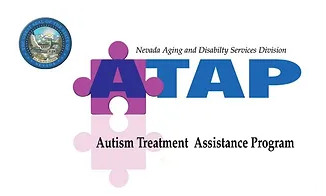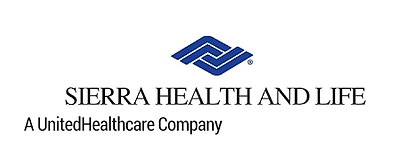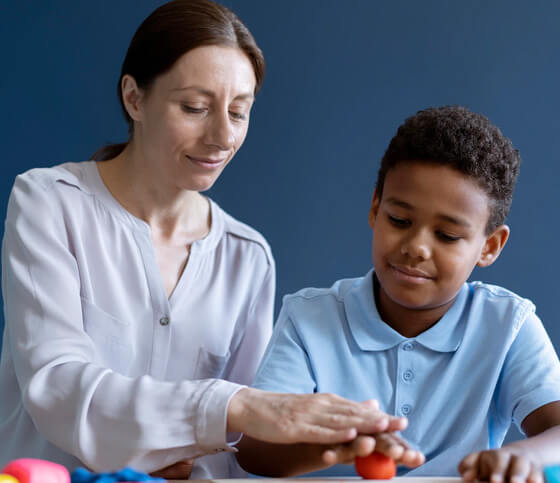Applied Behavior Analysis
Applied Behavior Analysis Services
Creative Behavioral Connections is proud to offer all services that families require for children aged 2-22 diagnosed with Autism Spectrum Disorder, including Functional Behavior Assessments, Home-Based ABA Services, Center-Based ABA Services, Focused and Comprehensive treatment options, Group Social-Behavioral Therapy, Parent Training, IEP assistance, interdisciplinary collaboration, etc.
Functional Behavior Assessments focus on identification of behavioral excesses and deficits, including language and communication, cognitive, social, adaptive functioning, and self-help skills.
Focused ABA Treatment is 10-25 hours per week and is focused on increasing socially appropriate behavior and/or reducing maladaptive behavior as the primary target. Intervention will also target increases in appropriate alternative behavior, such as communication, tolerating change in environments and activities, self-help, social skills. Center-Based Services (clients aged 5-9) Therapy format includes both 1:1 ABA therapy as well as group social-behavioral therapy for 10-25 hours per week 3pm-7pm Monday through Friday.
Comprehensive ABA Treatment is 25-40 hours per week and focused on treatment of multiple affected developmental domains, such as cognitive, communicative, social, emotional, and adaptive functioning. Reduction of maladaptive behaviors, such as noncompliance, tantrums, and stereotypy, are also the focus of treatment. Center-Based Services (clients aged 2-6 years) Therapy format includes both 1:1 ABA therapy as well as group social-behavioral therapy for 25-40 hours per week 9am-3pm Monday through Friday.
Family Training & Support CBC understands the important role families play in the lives of their children on the spectrum, and as such, we offer family training and support.
Social/Behavioral Group Therapy Social-Behavioral Group Therapy focuses on development and maintenance of age-appropriate social skills and reduction of maladaptive behaviors in a group setting.
Applied Behavior Analysis Services may include some or all of the following:
- Use ABA procedures in one-on-one, small group, and large group treatment formats.
- Implement scientifically validated effective procedures for promoting generalization of behavior reduction and skill acquisition change across individuals, settings/situations, and materials.
- Modify intervention procedures based on frequent, systematic graphical analysis of data obtained through repeated direct observation and measurement of behavior.
- Conduct functional assessments of maladaptive behavior in order to systematically analyze environmental variables (antecedents and consequences) that occasion and maintain these challenging behaviors, and develop intervention procedures for behavior reduction and skill acquisition of assessed excess and deficit areas.
- Use ABA principles and procedures (modeling, prompting, shaping, feedback, etc.) to train family members to implement ABA intervention procedures competently, including a thorough understanding of the principles of reinforcement which occasion motivation for learning.
- Collaborate with professionals from other disciplines and with family members to promote effective interventions and to maximize socially significant outcomes, while maintaining a commitment to scientifically validated interventions and data-based decision making.
- Focus on individualized goals in each of the following areas:
- Language development (e.g., verbal comprehension, expressive language, verbal imitation, etc.)
- Functional communication skills (vocal and non-vocal)
- Increase pivotal or “learning to learn” skills (e.g., looking, listening, waiting, following instructions, imitating)
- Motor skills (gross and fine motor development)
- Play and leisure skills
- Pre-academic and academic skills required for long-term functional life skills (e.g., basic addition/subtraction, money identification, etc.)
- Reduction of maladaptive behaviors that threaten health and safety and impede successful functioning (e.g., stereotypic, perseverative, ritualistic, aggressive, self-injurious, destructive, disruptive, and other behaviors often described as “challenging”).
- Cognitive development (e.g., memory, problem solving, perspective taking, etc.)
- Social interaction skills
- Personal safety skills
- Self-care skills
- Self-management skills
- Consultation on IEPs, BIPs and 504 plans, which include assessing relevance of goals, appropriateness of measurement procedures, and evaluation of plans for added supports and removal of barriers to learning throughout the school day.











